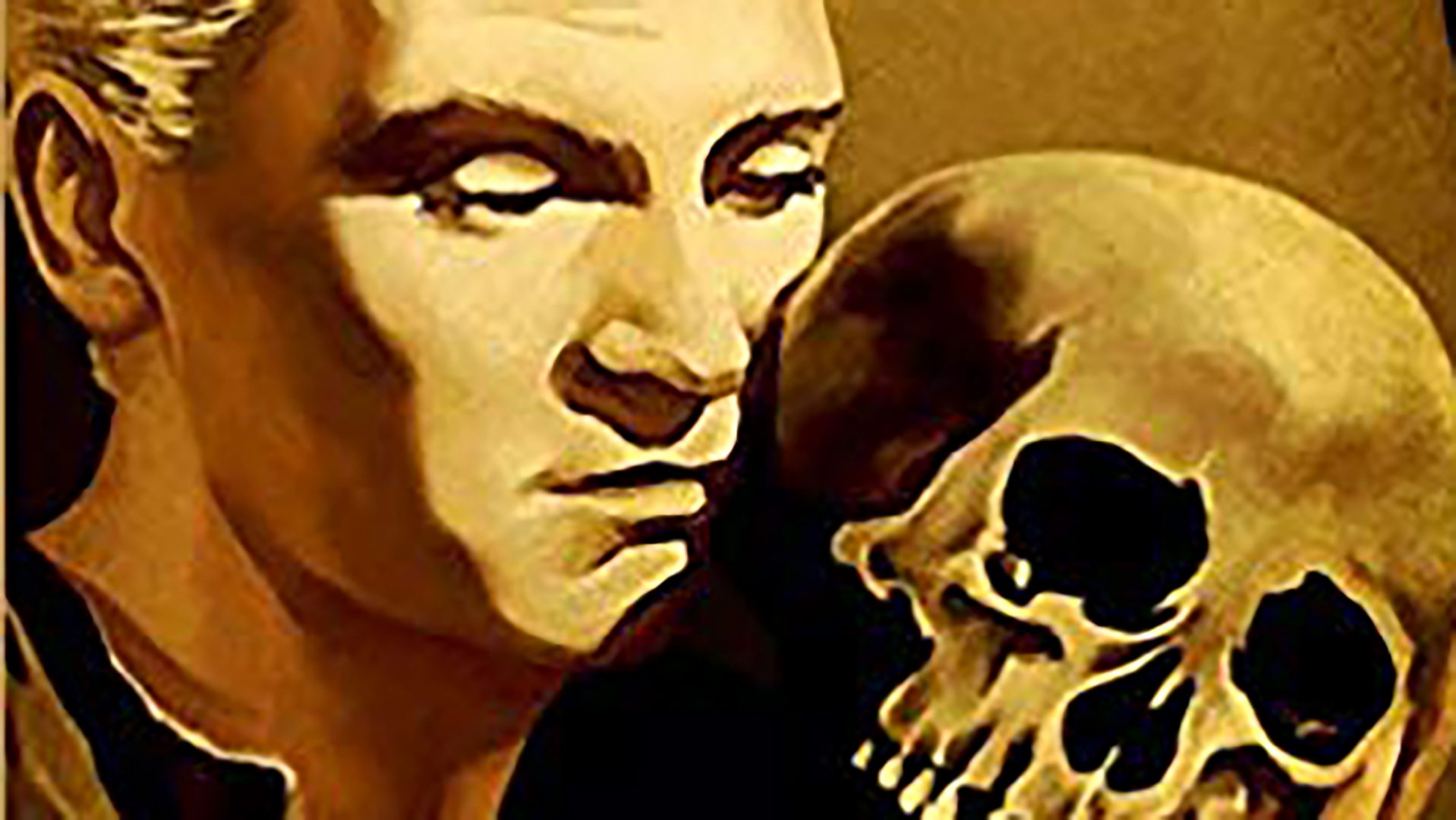
Sleep and Nightmares
You get to know yourself really well at 3:00 in the morning. There’s something about that exact moment that is deader than the other hours of the night. 2:00 serves as the dregs of social nights. At 4:00 you can feel the still-hidden sun creeping slowly toward a new day. But at 3:00 you are in the pit of the night, the darkest, deadest minutes of them all. 3:00 reveals you, exposes you, oppresses you. It’s an hour seen due to inevitability more so than choice. It’s an hour I’ve seen far too often. It’s an hour I’m watching pass as I write this post.
I imagine most people take sleep for granted. I probably would too if it wasn’t so difficult for me. Even now, when therapy has helped my CPTSD nightmares subside from every night to about once a week, I find myself fearing sleep often. It’s why I’m not sleeping tonight. For over a decade, I’ve associated sleep with pain. Shutting my eyes at night has led to dreams of unfathomable evil. I’ve had each of my appendages blown off with a shotgun; I’ve been murdered and had my face cut off with a knife so I couldn’t be recognized; I’ve been kidnapped and forced to watch my family members murdered; and unlike most people, I don’t wake up. I experience every moment. Thus, at 3:00, I’m faced with a very Shakespearean dilemma:
“To sleep: perchance to dream: ay, there’s the rub;
For in that sleep of death what dreams may come”
Now, we will have to put off the discussion of whether or not Hamlet has PTSD for another day (and for that matter Ophelia as well), but the guy definitely understands the terrors dreams may possess. At its best, sleep is one of the most beautiful experiences on the planet. At its worst, sleep can ruin a person.
When you can’t sleep, especially in the dead hours, you have to find ways to fill the time. If I’m feeling poorly, I’ll watch a movie. If I’m feeling well, I read. I keep a small notebook on my nightstand in which I write my favorite quotations from the literature I have read. That notebook is the one I’m reading tonight, and I’ve gotten hung up on a quotation from Virginia Woolf’s Mrs. Dalloway. It’s a book that means a lot to me for a multitude of reasons, not least of which is the majority critical opinion that one of its main characters, Septimus Smith, suffers from PTSD (I actually don’t believe he does, interestingly enough, but the critical community does). The quotation I can’t stop reading states:
The soul must brave itself to endure.
It’s a reflection made at a party shortly after Septimus Smith commits suicide. Yet, I don’t know what to do with it. The problem hinges on the verb to brave. On the one hand, to brave can mean to challenge or dare, in which case it seems like good advice. If I want to conquer my CPTSD, I must learn to challenge my own soul, to dare myself to succeed. Perhaps that is what I’m doing here, on this website, in this blog, with my artwork. Perhaps I am already doing what is necessary to endure.
On the other hand, to brave can also mean to endure without fear. In that case, Woolf’s sentence would read, “The soul must endure itself without fear to endure.” By this definition, success hinges on a lack of fear, which I undoubtedly have. I possess more unadulterated fear and terror in my body than almost anybody you will ever meet. It has actually infiltrated my nervous system. Something as small as a single word can send me into a seizure-like episode full of tears and shame. By this definition, I will likely never succeed, just like the scientific literature states that there is no cure for CPTSD.
In essence, I have to choose. I have to choose whether to be encouraged or discouraged. The decision is mine. That’s really how it is for all of us though, isn’t it? Life kicks you in the groin, stomps on you when you’re down, and you have to choose how to react.

